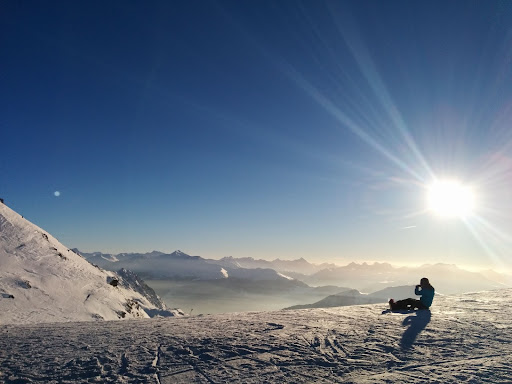Ravi Trivedi
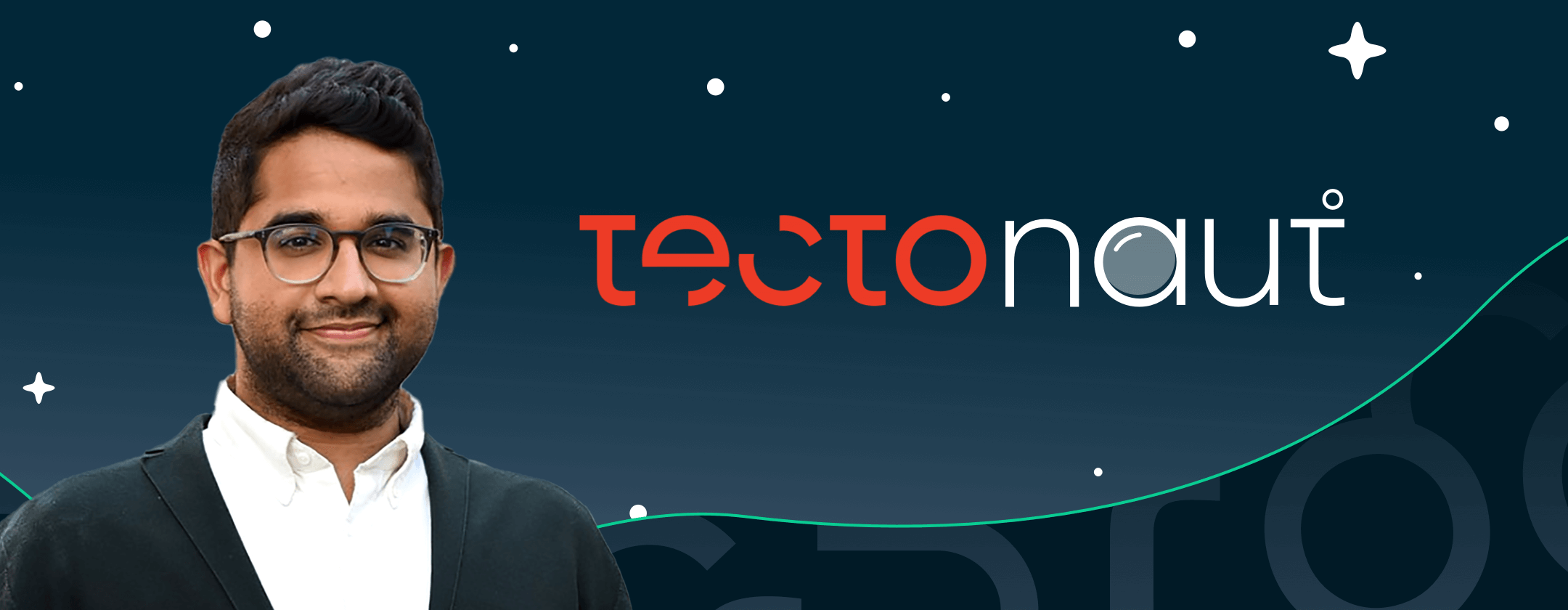
Our blog series, Featured Tectonauts, highlights the amazing characters we get to interact with daily here at Tecton. Want to join the team? Check out our open positions here.
What do you do at Tecton? What does your team do?
I’m an Engineering Manager at Tecton. I lead Product Engineering, which consists of teams focusing on several core user-facing parts of the product, from a powerful, intuitive feature engineering framework for ML engineers and data scientists, to a powerful set of features that enable Tecton to be reliably adopted at scale in enterprises. I’ve been at Tecton for over 3 years, which I suppose makes me an oldie as far as the history of Tecton goes. I joined back when the company was in stealth mode with a couple of engineers and the founders. It was a wild time (and it still is!).
What led you toward a startup?
I spent 6 years at Google prior to joining Tecton. Google was great and I really valued all the time I spent there. I worked on logging infrastructure for Google Search that powered the ads and ranking pipelines of the multi-billion dollar ads machine. The scale was mindblowing (production outages were measured in dollars lost instead of minutes), but I was craving working on something much smaller, where I would be closer to the product and business, so I started considering startups.
I had several friends working at late-stage, IPO-bound startups, so I naturally gravitated in that direction and started interviewing. In the process, a peer at Google (who now also works at Tecton) told me about a stealth startup called Tecton: the leads from Uber’s ML platform were building a company with seed investment from Sequoia and A16Z. Needless to say, it my piqued my interest..
One thing led to another, and I ended up meeting them at Tecton’s “office,” which was Sequoia Capital’s San Francisco office located above the Dandelion Chocolate shop. Within a few minutes of meeting the founders, the opportunity became clear: Joining an early-stage startup means you’re building the business while building your own career. It seems obvious in retrospect, but once I came to that realization, the rest was history. I interviewed with the founders (Kevin, our CTO and co-founder, was part of every interview and grilled me for two days straight), got an offer, and here we are today.
What’s the biggest disaster you’ve ever encountered at work?
I started at Google as a Site Reliability Engineer on the Google Photos team. At the time, Google+ was still a thing and Google Photos had not launched yet. G+ may not have taken off as a product, but I had a lot of great experiences working on it. G+ prioritized shipping fast, which sometimes blew up in spectacular ways.
Photo auto-backup in G+ was hugely popular and we launched a feature that auto-downloaded your backed-up photos to all of your devices. It sounded like a great idea until launch day when everyone realized there was no server-side kill switch for the feature. As the G+ app release rolled out across the fleet of Android devices worldwide, this feature laser-beamed our serving infrastructure. Consider this: all the photos ever uploaded to G+ by users were being force-served to multiple devices over the course of one day. G+ may not have been a runaway success, but a lot of people used it for photo backups. I’ll spare the details, but the postmortem was a fun one!
What is something that you found unexpected after joining Tecton?
This might sound obvious, but joining an early-stage startup from a big company requires rewiring your brain. If something is broken and you notice it, you’re the de-facto fixer. If there’s no process for something, it’s your job to create the process. If marketing material to send to a customer is missing, congrats, you’re a designer now. Need to visit a customer? You’re now a solutions engineer.
This is vastly different than how any big company, or even a later-stage startup, operates. Since I joined, Tecton has grown to nearly 100 “Tectonauts” so everyone is able to focus on more specific problems that need solving, but this mentality is still very useful today. I really like the famous saying in Meta’s cultural values, “Nothing is someone else’s problem.” At Tecton, we have a similar value, “Be an owner, not a renter,” and I think it’s really powerful.
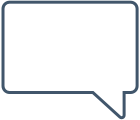
What’s your favorite software tool?
Excalidraw, hands down. I’m an immensely visual thinker so sketching concepts, both technical and non-technical, helps me reason about them and articulate them to others. Every drawing tool I’ve previously used was either too clunky and/or ugly until Excalidraw came along. I use it nearly everyday. In the app, I have a giant canvas that consists of all of my drawings spanning the past 3 years. Internally at Tecton, I’ve become the person who peddles Excalidraw on others at every opportunity. I even created an Excalidraw Medal (pictured below) that is awarded whenever someone creates an exceptional drawing in a doc or presentation. Thank you @vjeux for creating this fantastic tool.
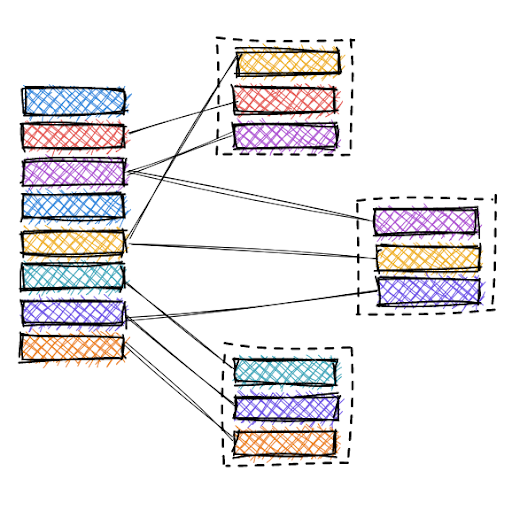
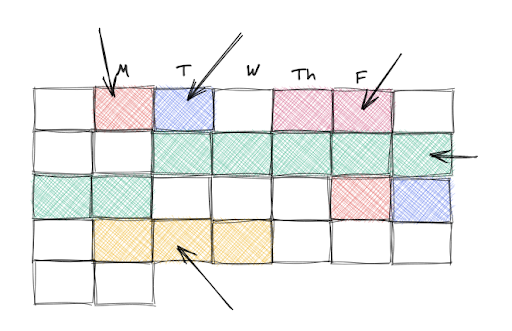
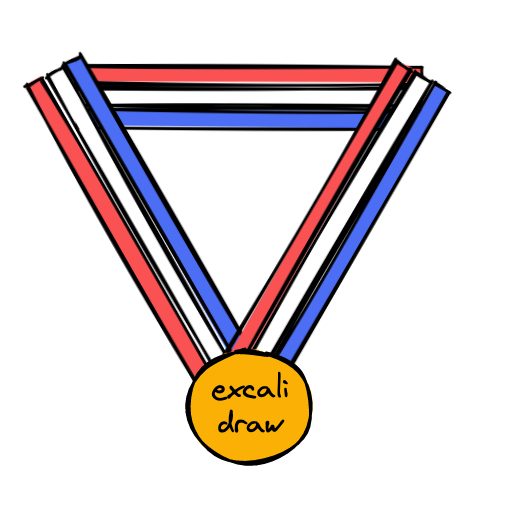
What’s the most influential book you’ve ever read?
My answer will probably change depending on the day of the week I’m asked, but today it’s Thinking, Fast and Slow by Daniel Kahneman. This was hugely influential to my thinking when I first read it 4 years ago, but it’s now especially important to me as a manager.
It’s a trip into how the human mind makes decisions and breaks down hand-wavy thinking and reactive processes into well-defined behavioral patterns. For example, why are humans more emotional if their stock portfolio drops 10% compared to a scenario where it’s already down 40% and loses another 10%? It’s a great read that’s applicable to everyday life on so many levels.
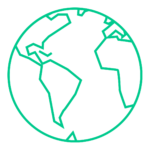
Where and why do you think is heaven on earth?
I spent 4 months living in Zurich, Switzerland, a few years ago and during ski season, it was pretty damn close to heaven on earth. Every weekend, I took the train to some new surreal ski resort. I would love to go back.
